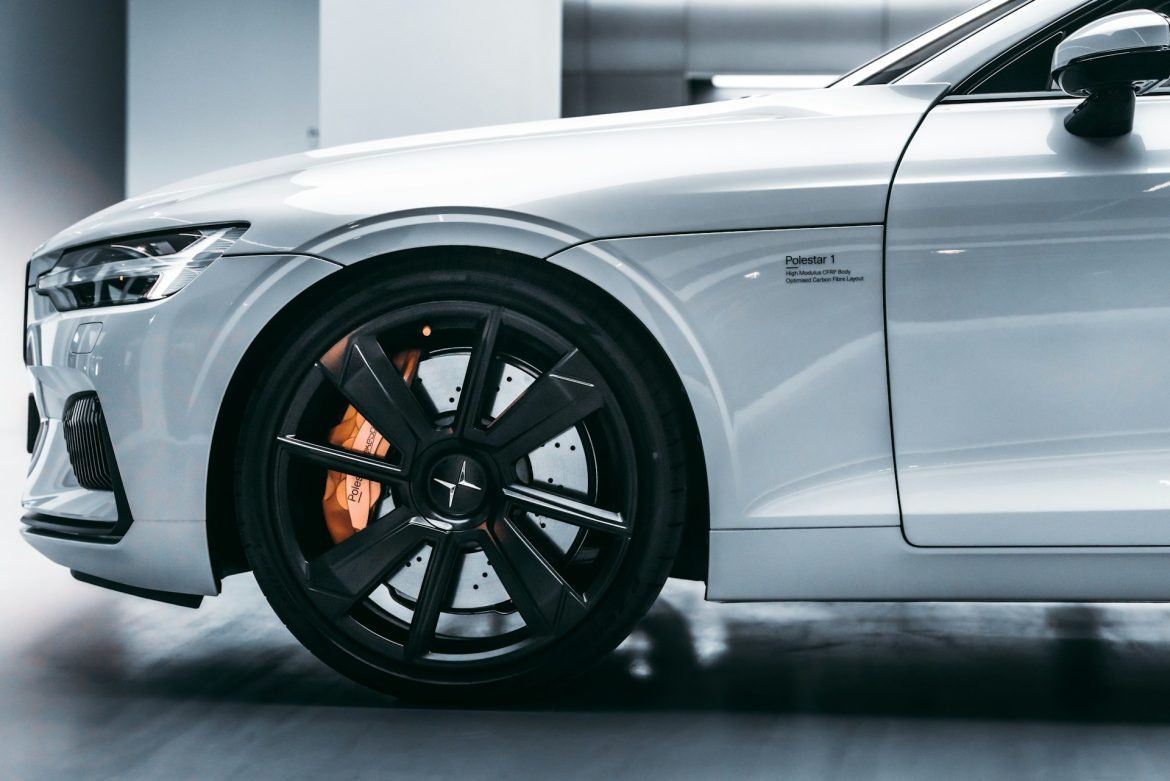In response to EU tariffs on Chinese-made cars, Swedish electric vehicle manufacturer Polestar, owned by a Chinese parent company, has announced plans to establish production facilities in Europe. The move marks a significant shift for the brand, which has primarily relied on manufacturing in Asia and the United States.
Polestar 7 to Be Made in Europe
Polestar’s CEO, Michael Lohscheller, revealed that the company plans to manufacture its upcoming model, the Polestar 7, in Europe. “The costs are significantly lower compared to shipping cars around the globe,” said the former Opel CEO. He also highlighted that local production provides protection against tariffs. Last year, the European Union introduced punitive tariffs on electric vehicles produced in China, prompting this strategic decision.
However, the exact location and timeline for the new production facility remain undecided. The SUV-style Polestar 7 will be the first model to roll off European production lines, but discussions about potential partners and manufacturing sites are ongoing.
Expanding Presence in Europe
Currently, Polestar’s manufacturing is centred in Asia, primarily in China, and at Volvo’s facilities in the United States. The company aims to expand its footprint in Europe, with a particular focus on Germany and France. To date, Polestar has primarily sold its vehicles through online platforms, but this model is set to evolve. Lohscheller announced plans to establish a network of approximately 300 dealerships worldwide, making Polestar cars more accessible to customers.
Financial Challenges and Recovery Plans
Despite its ambitions, Polestar has faced a challenging period both financially and in terms of sales. In 2024, the company delivered 44,851 vehicles, representing a 15% decline compared to the previous year. The announcement of reduced revenue projections for 2024 caused Polestar’s shares to plummet by over 10% on the New York Stock Exchange.
Looking ahead, Polestar has set ambitious targets. By 2027, the company aims to increase annual deliveries by an average of 30% to 35%. Lohscheller expressed confidence that Polestar will break even in its adjusted earnings before interest, taxes, depreciation, and amortization (EBITDA) this year.
The company has undertaken significant restructuring to stabilize its finances. Approximately 600 jobs—around 25% of the workforce—were cut, reducing the headcount to 2,500. By 2027, Polestar aims to achieve full financial independence, including funding its own investments. Additional revenue is expected from the sale of CO₂ certificates, with Lohscheller forecasting earnings in the hundreds of millions this year.



